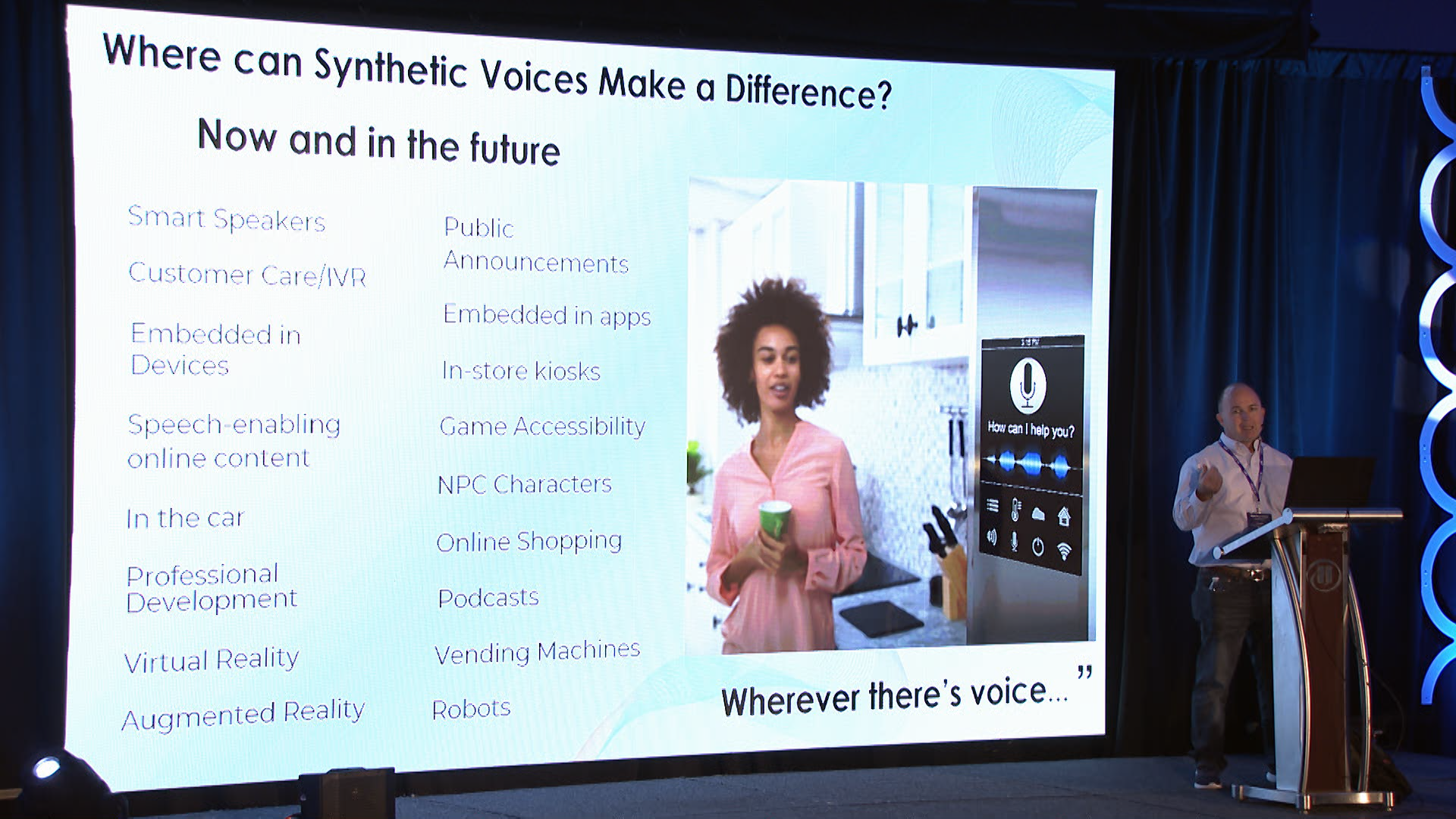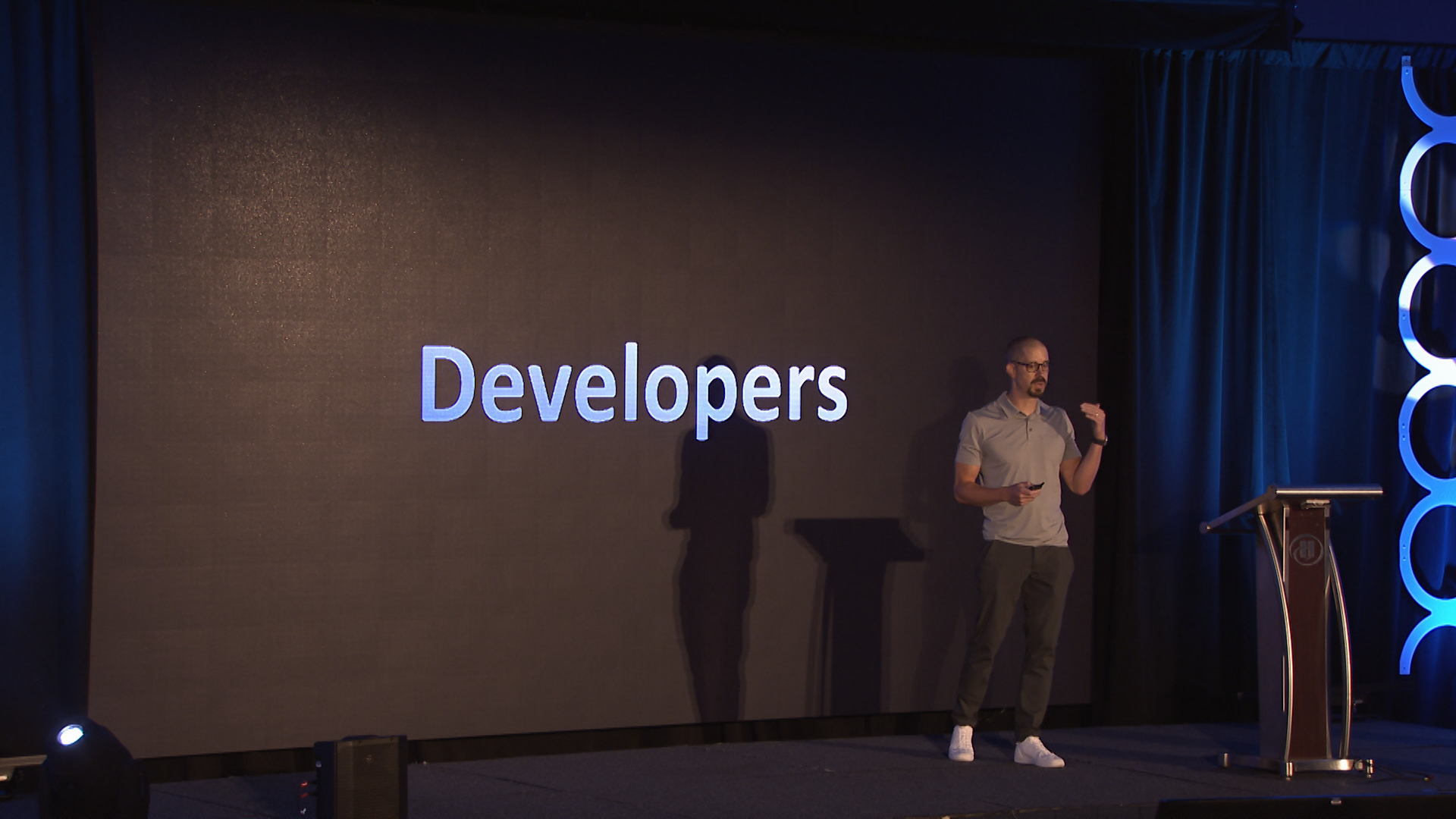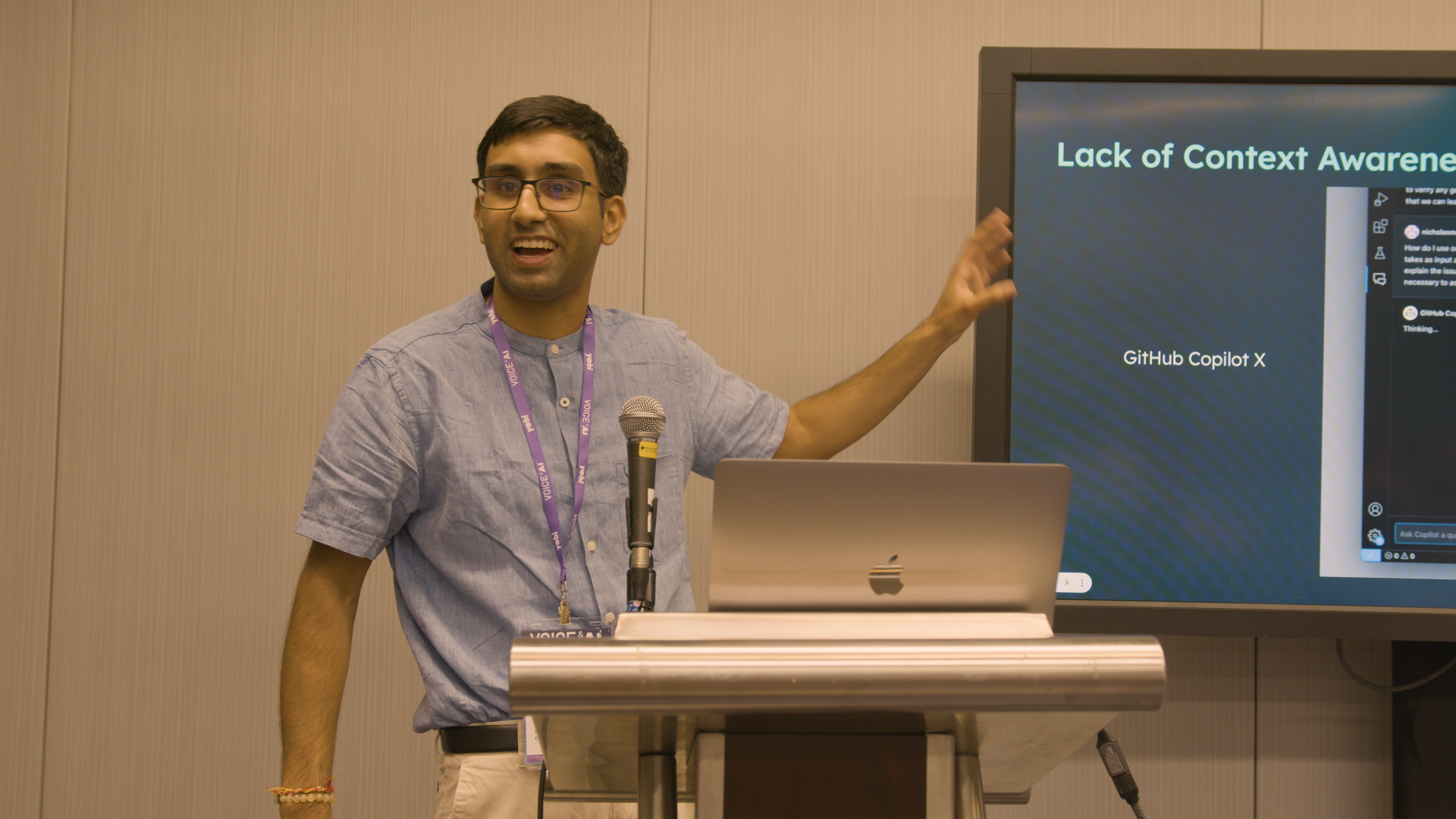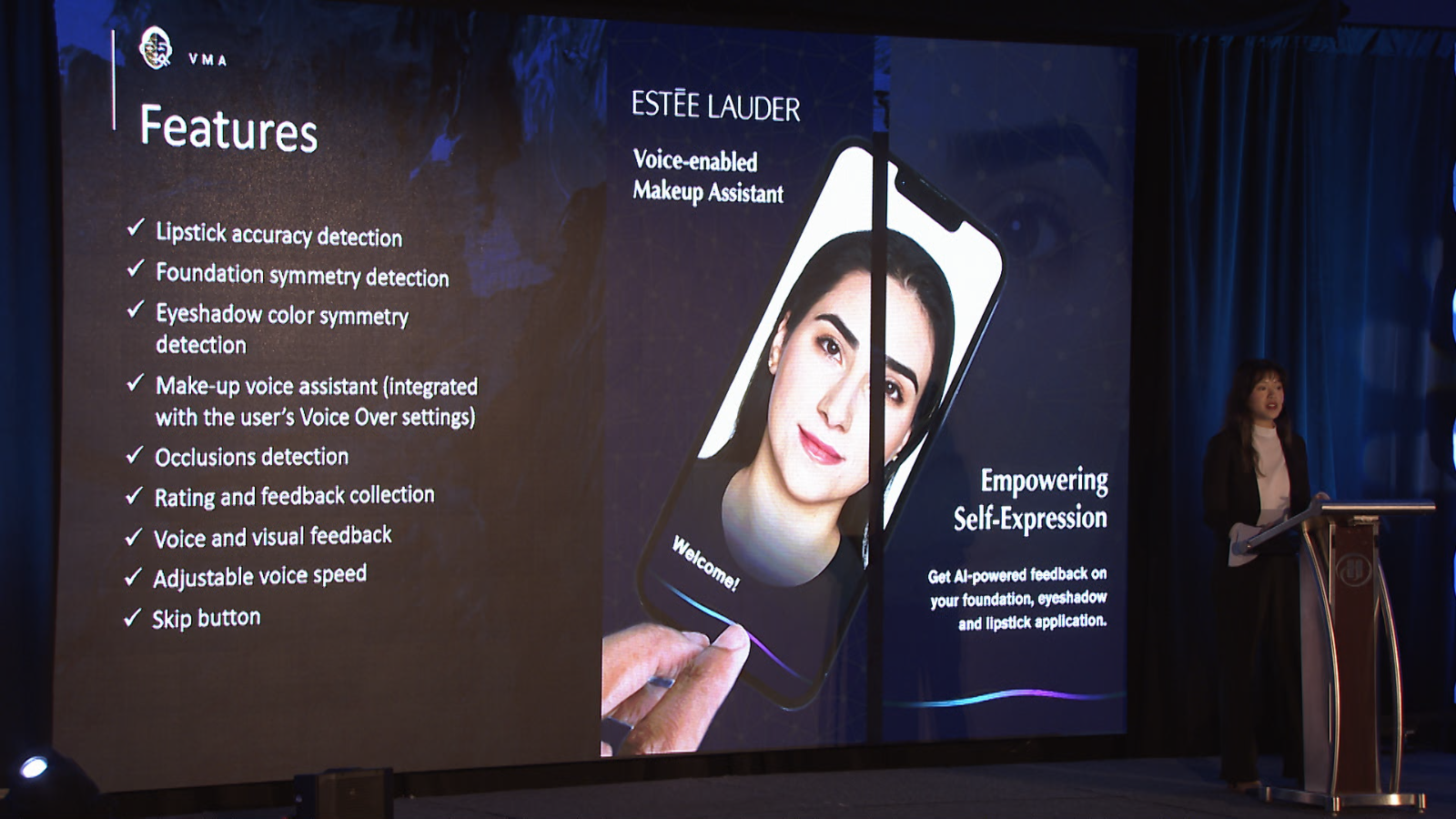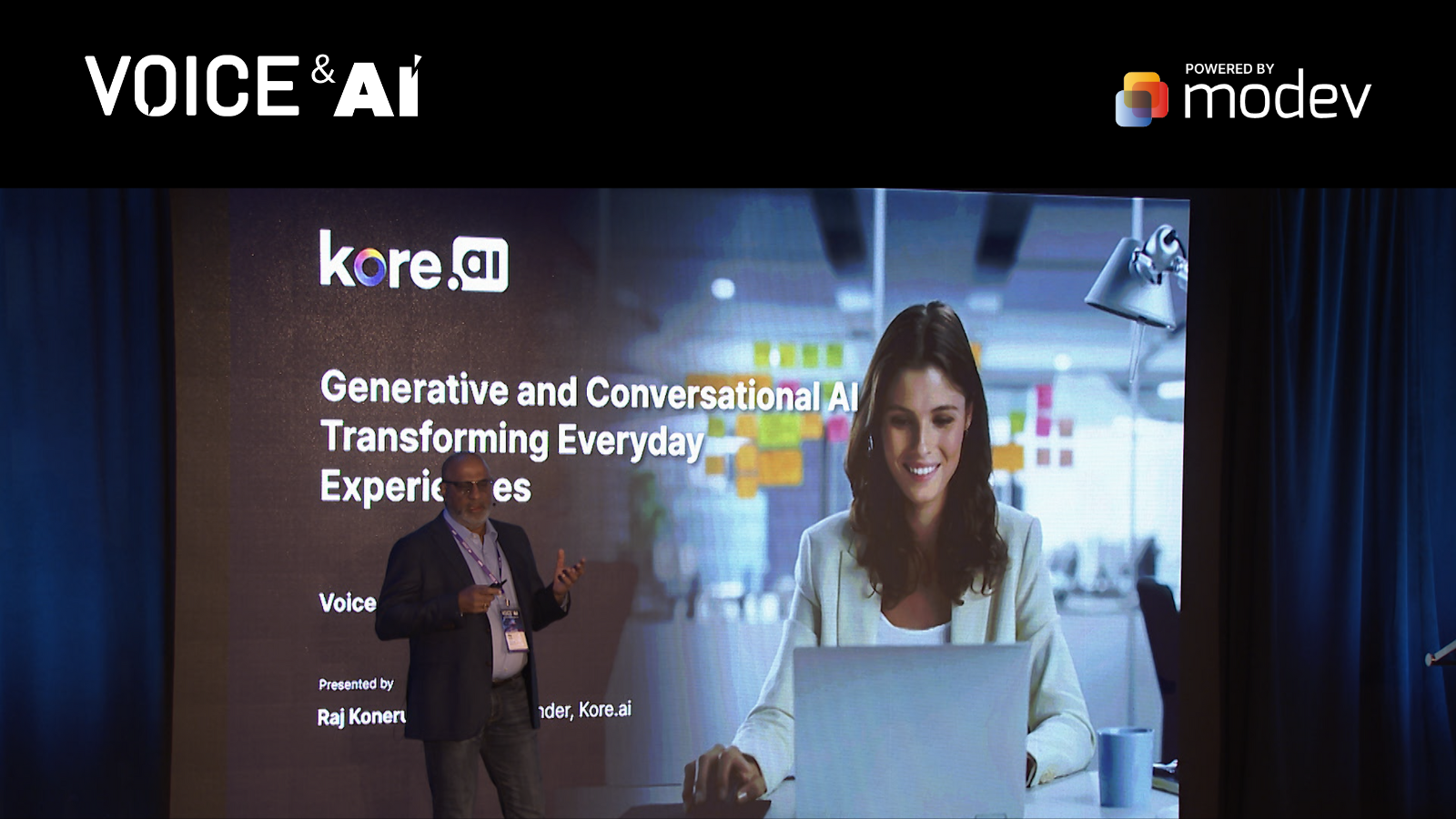What are the best use cases for ChatGPT in a business setting?
- Customer service: ChatGPT could be used to provide fast and accurate responses to customer inquiries, potentially reducing the need for human customer service representatives.
- Content creation: ChatGPT could be used to generate high-quality written content for websites, social media, or other applications. This could be particularly useful for businesses that need to produce a large amount of content quickly and consistently.
- Product recommendations: ChatGPT could be used to provide personalized product recommendations to customers based on their previous purchases or browsing history. Language translation: ChatGPT could be used to quickly and accurately translate text from one language to another, potentially improving communication with customers or business partners.
- Sentiment analysis: ChatGPT could be used to analyze customer feedback and reviews in order to understand how customers feel about a product or service and identify areas for improvement.
Had I written the above, the content would likely have been similar. But I didn't write it - ChatGPT did.
In case you haven't heard, ChatGPT is OpenAI's freshly released conversational chatbot. And it's so good at so many things that everyone's excited about it… and scared of it. And let's be honest here, we're afraid of ChatGPT because it's better than us - at certain things. And by "better," I mean more efficient and undistracted, but I also mean: it doesn't require a salary, vacation, or breaks. You probably guessed it by now - we fear ChatGPT because we fear losing our professional relevance and, by extension, our ability to make ends meet. So which jobs are we supposedly at risk of losing?
Vanity Fair's Nick Bilton wrote a piece on ChatGPT and asked the chatbot what jobs it could replace. Bilton's piece highlights both the fear ChatGPT instills in us and the positions it could fill:
"I don't say this lightly, but this tech is one of the most astonishing and terrifying technologies I've ever seen, and I've been writing about technology for almost two decades. Not only because of what it is capable of today, with its ability to output truly "creative" text (or at least text that appears creative) but because of what this technology will be capable of in the next year or two—and the number of jobs it could replace [...] when it gets there. For example, when I asked ChatGPT to list 50 jobs that could be replaced by ChatGPT, it spit out this list in less than a second: customer service representative, technical support specialist, sales representative, receptionist, data entry clerk, call center agent, transcriptionist, legal secretary, medical secretary, executive assistant, personal assistant, journalist, novelist, travel agent, insurance agent, retail salesperson, bookkeeper, court reporter, marketing manager, public relations manager, advertising manager, and on and on and on."
Notice that factory automation doesn't appear in the list. The jobs ChatGPT listed are all jobs that were considered uniquely human not very long ago. Is it time to update our paradigm?
Assisting VS Replacing
Let's be clear from the get-go. AI has already replaced jobs, most notably within the customer service industry. Not that there aren't any humans working in the field anymore, but the hiring of human agents has undoubtedly slowed since conversational AI interfaces made their debut.
And at the same time, the user experience did get better (i.e., shorter wait times, higher frequency of successful outcomes, fewer transfers, etc.). And ChatGPT will undoubtedly accelerate that tendency on both fronts (enhanced customer experience and fewer human agents). ChatGPT can certainly take things further and handle complex customer service, and support calls on its own most of the time. But I still don't think we're at a point where we can let AI loose unattended. A puppy needs supervision even if it's learned many tricks. Perhaps that day will come, but it won't be tomorrow.
Take the example of Brenda, a conversational AI bot tailored for the real estate industry. It had an army of 60 human operators, monitoring Brenda's responses in real-time prior to them being sent to customers and jumping in - hopefully seamlessly - whenever Brenda struggled with a query or offered up a less-than-pertinent reply. Brenda nonetheless represents powerful tech, but it plainly illustrates how AI still needs human beings as part of the equation. And that's likely to remain true for a while, with or without ChatGPT.
But there's more.
Emotion, Meaning, and Mimicry
When fed large quantities of human-created text, ChatGPT looks for recurring patterns within those swaths of data. It comes to learn which words and phrases are associated with other words and phrases. From there, it can predict the words that should come next in any given sentence and how they fit together. That's how ChatGPT can so persuasively mimic human language.
The problem is that the above simply makes ChatGPT a magnificent bullshitter. While it can write poetry and essays, write and debug code, and even invent jokes, it will also tell you that if one woman can produce a baby in nine months, nine women can make one in one month. Or that two pounds of rocks weigh more than two pounds of feathers and that frog's eyes can be taken as vitamin supplements. ChatGPT will spew out the above in a plausible and authoritative tone.
And that's because ChatGPT is a computer, not a human being. That means it has no emotions to speak of - it doesn't feel anything. And it isn't concerned with meaning, only plausibility and realism (i.e., mimicry). For all its sophistication (and I'm not trying to belittle the genuinely groundbreaking achievement that it is), ChatGPT simply manipulates symbols. It takes a string of symbols and transforms it into another string of symbols that will be meaningful to humans. But it does this without a hint of emotion or any insights into the meaning of those symbols. And that's the big discriminator here.
When we humans communicate, we also use symbols. But those symbols are meaningful to us; they represent concepts we somehow store in our brains and elicit an emotional response. And it's that blend of meaning and emotion that makes human speech, well… human. And that's why mimicry can never be the real thing (though it can come so close as to confound humans). And that's also why AI still needs humans (at least for now).
When in Rome
But whatever the case, the genie is out of the AI bottle. And love it or hate it, we need to come to terms with the fact that AI will only be more and more prevalent in our lives. That’s just the state of the world in which we live. And as the saying goes, when in Rome…
So while AI still needs humans in attendance, we humans can do some pretty incredible things with AI - while remaining relevant. Remember the opening paragraph in which ChatGPT listed some use cases for itself in a business setting? Well, those are actually examples of how ChatGPT could assist humans in a business setting without replacing them altogether.
Having brands use ChatGPT for sentiment analysis doesn’t mean ChatGPT takes over the sales department. But it can provide impressively good leads to human salespeople. Then there are product recommendations. Amazon can already recommend better books to me than my friends and family can. Imagine having ChatGPT make product recommendations to customers (and potential customers) based on their interests - the odds of converting those into sales will be much higher. And we already know how conversational AI is used in customer service. Think of the enhancements ChatGPT or other generative AI tech could bring to the experience.
I could go on, but you get the idea. And part of that idea is that perhaps it makes more sense to focus on what we can gain from ChatGPT and AI, what it can do for us, and how we can use it for better outcomes for us, rather than shaking in our boots. Because ChatGPT isn’t the last word in AI and this isn’t the last “shakeup” the job market is likely to see. We’ve been here before.
Wrap-Up
So should we all be bracing ourselves for mass layoffs across the board? Unlikely. AI has changed the job market, just like industrialization did before it. But we still have a job market. And with or without AI, the job market is in constant flux as it adapts to societal changes. While the advent of AI definitely represents a significant societal change with a meaningful impact on the job market, I doubt ChatGPT will replace novelists, journalists, or public relations managers anytime soon. It may just be tooting its own horn a bit in its responses (or bullshitting) - which can be both reassuring and concerning in an environment already laced with disinformation.
We'll be discussing ChatGPT further in future posts. Stay tuned.
About Modev
Modev was founded in 2008 on the simple belief that human connection is vital in the era of digital transformation. Modev believes markets are made. From mobile to voice, Modev has helped develop ecosystems for new waves of technology. Today, Modev produces market-leading events such as VOICE Global, presented by Google Assistant, VOICE Summit the most important voice-tech conference globally, and the Webby award-winning VOICE Talks internet talk show. Modev staff, better known as "Modevators," include community building and transformation experts worldwide. To learn more about Modev, and the breadth of events and ecosystem services offered live, virtually, locally, and nationally - visit modev.com.

